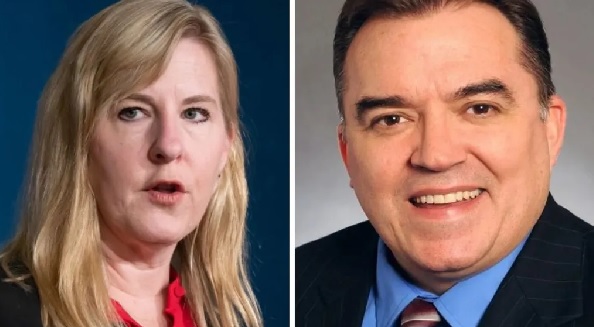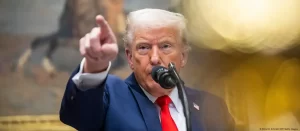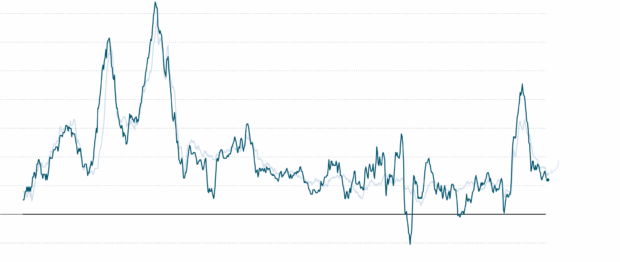
In recent weeks, two major revelations have emerged, raising concerns about transparency, ethics, and potential government misconduct. First, a detailed investigation into Elon Musk’s Department of Government Efficiency (DOGE) has uncovered significant errors in reported federal savings, highlighting a troubling lack of accountability. Second, a federal judge has challenged the Trump administration’s handling of fired federal workers, raising alarms about hidden agendas and potential suppression of critical information.
While these stories may seem separate, they share a common thread: a concerning pattern of obfuscation, misleading claims, and potential abuse of power. Here’s what you need to know.
Musk’s DOGE: False Savings Claims and Lack of Transparency
A recent report exposed critical errors in the Department of Government Efficiency’s (DOGE) claims about taxpayer savings:
- False Cancellations: The agency claimed to have saved $11.75 billion by canceling a public health nonprofit’s contract. However, the nonprofit confirmed the contract was never canceled, meaning the savings were non-existent.
- Misinterpretation of Grant Values: DOGE boasted of saving $83 million by cutting a USAID grant, but an analysis revealed that they had misunderstood the grant’s structure. The real savings amounted to only $700,000.
- Multiple Reporting Errors: Investigators found at least five major errors in DOGE’s largest savings claims, demonstrating a pattern of misleading information.
- Obscuring Information: Initially, DOGE listed details about its supposed savings online, but after journalists uncovered errors, key identifying information was removed from public view, making it harder to fact-check their claims.
Musk’s insistence that DOGE operates with “transparent line-by-line reporting” directly contradicts the organization’s actions. By removing identifying details from public records and misrepresenting financial figures, DOGE has created an accountability crisis that raises questions about the legitimacy of its broader mission.
Trump Administration’s Questionable Handling of Federal Workers
Meanwhile, the Trump administration faces scrutiny over its treatment of fired federal employees. Judge William Alsup of the U.S. District Court for the Northern District of California criticized the administration for putting terminated employees on paid administrative leave rather than reinstating them, despite a court order mandating their return.
The situation raises larger concerns:
- Are Fired Employees Being Silenced? Many of these workers could have had access to sensitive information that might expose government inefficiencies or misconduct. Keeping them off the job prevents them from revealing potential wrongdoing.
- Could This Set a Dangerous Precedent? If government officials can override court rulings and delay reinstatements indefinitely, what does this mean for whistleblowers or employees who try to hold agencies accountable?
- Are Transparency and Accountability Being Undermined? With tens of thousands of probationary workers in limbo, critics argue that this maneuvering could be an attempt to shield government agencies from oversight and public scrutiny.
The Bigger Picture: A Crisis in Government Transparency
These two stories converge on a critical issue: the erosion of transparency in government operations. Whether it’s Musk’s team manipulating financial figures or the Trump administration keeping employees in bureaucratic limbo, both cases highlight how those in power may use tactics to mislead the public and avoid accountability.
What Can You Do?
- Demand Transparency: Government agencies should provide clear and verifiable data on financial decisions, grants, and public expenditures.
- Stay Informed: Follow investigative journalism and watchdog reports that challenge official narratives.
- Engage in Advocacy: Support policies and lawmakers who prioritize government accountability and ethical oversight.
- Exercise Your Rights: Utilize the Freedom of Information Act (FOIA) to request records and expose inconsistencies.
The battle for government transparency isn’t just about one administration or one billionaire’s efficiency claims—it’s about protecting the integrity of public institutions. If we allow misleading financial data and administrative roadblocks to go unchecked, the very foundation of democratic accountability is at risk.













